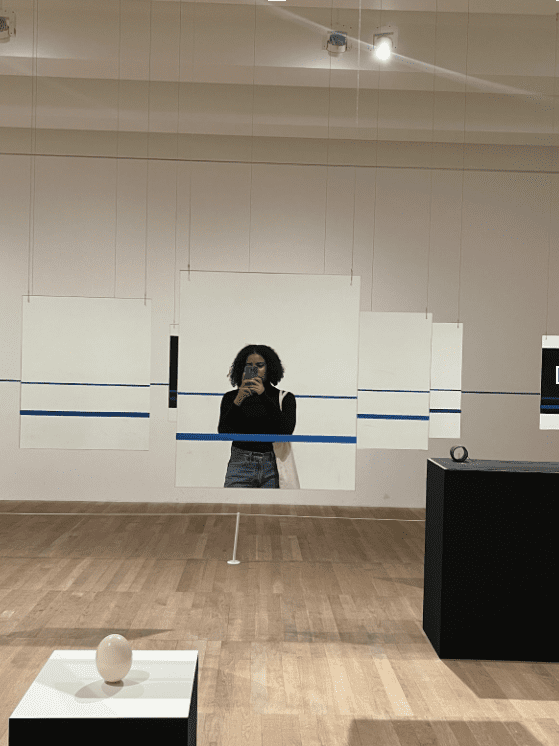Finding Strength in Solitude
In a hyper-connected and increasingly fast-paced business world, solitude is an art that often possesses little appreciation. Most associate solitude solely with those who are introverted, antisocial, or experiencing loneliness. Solitude carries a negative connotation, and it is often viewed as a waste of time in an environment where individuals are expected to be constantly networking and maximizing relationships, and where staying socially connected is a necessity. However, I believe that everyone (even you, extroverts) can benefit from taking time alone to be introspective. Intentional solitude not only improves mental health and confidence but also helps better prepare you to interact more authentically and intentionally within social settings.

Before embarking on a regular practice of solitude, it is important to make the distinction between solitude and isolation. These terms are often mistakenly used interchangeably but are in fact quite different. Isolation, like solitude, is associated with the state of being alone, though both can be self-inflicted. The key distinction between solitude and isolation is that solitude is an intentional choice, made out of an individual’s desire to be by themselves in order to better themselves. Isolation, however, is associated with loneliness, and can become seriously harmful. Solitude is vastly different. It is about making an effort to be comfortable with spending time alone in a productive way. It is taking clear steps to be self-reflective and discover who you really are at your core- discovering what your needs are, and how best to serve them.
Taking time to be in solitude can help build self-esteem, because it can help you gain clarity regarding your identity and goals, without worrying about or relying on external factors. Through time spent in solitude, you develop a unique ability to turn completely inward and start to understand yourself on a deeper level. This can be through meditation, journaling, taking a walk in nature, or simply sitting with your thoughts and letting your mind wander, without worrying about what other people think. When you take the time to truly get to know yourself, you are less likely to allow your identity to be shaken by others’ perceptions of what you should be, and less likely to ignore your true desires and values in order to please other people. You thus discover new interests and new pursuits that come directly from the core. Solitude allows you to become more secure in yourself, which enables you to carry yourself more confidently. There is great strength that comes from developing this security in your identity.
Intentional solitude can also improve social relationships and how you engage with others. Expecting to be “on” all of the time and to endlessly perform in social and professional settings without taking time to properly rest and recharge is unhealthy, and unrealistic. By spending time with yourself, you are able to better reflect on your interactions and relationships. You will avoid encountering stress and burnout, and develop a greater appreciation for the time you do spend with others. It prepares you for more positive and healthy social interactions, for when you have time in solitude, you are able to identify your stressors and regulate your emotions. In this way, you are more present and fully engage with the people around you without being held back by emotional exhaustion.
As you begin to cultivate this practice of solitude, have patience for yourself. For many, especially those for whom solitude is not a natural part of their current recharge system, it can seem daunting or even impossible. It is important to start slowly, such as setting aside even a few minutes each day for your intentional alone time. This can be built up to a few hours a week, at whatever pace makes you feel most comfortable. Don’t be afraid to sit in discomfort, however, as this is where growth and progress often result from. Finally, remember that everything should be done in balance. Each person’s incorporation of a practice of solitude will look different, and that is how it should be.There are benefits from spending time in solitude and with others, and one will not be fulfilled by just doing one or the other. How you choose to balance your time is up to you, as ultimately, solitude is about finding the best practices to improve your life, without the need to compare yourself to others’ journeys.


